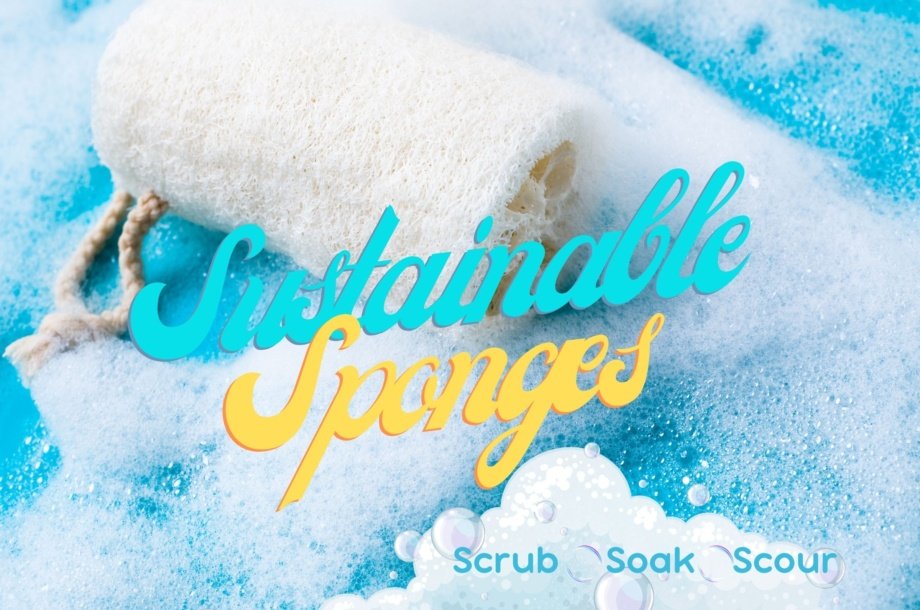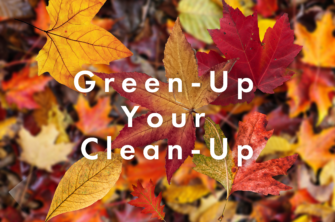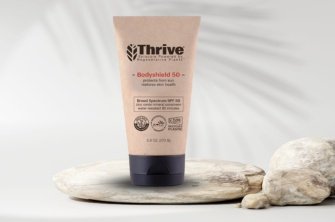Sponging up a mess, historically, first required deep-sea diving to cut out and remove stationary aquatic animals. When their over-harvested destruction was better understood, along came the inexpensive and ubiquitous plastic variety.
Fortunately, there are natural, compostable alternatives:
- Loofahs are gourd skeletons, marvelous scourers. Grow your own!
- Net Zero Co.’s cellulose scrubbers, aka softened wood fiber, absorb and cleanse.
- BlueLand and ETEE developed loofah-cellulose double-sided marvels.
- Swedish Dish Cloths – wood-pulp/cotton replace paper towels, too.
- Free the Ocean’s Coconut Coir – husk fibers, deeply scours.
- Ethically questionable – sustainably farm-raised sponges. Remember, they’re still animals.
Plastic sponges hurt the very animals they were designed to replace:
- Break into non-biodegradable microplastics.
- Leak antibacterial chemical Triclosan, which is linked to cancers and harms aquatic life.
- Host pernicious bacteria.
Clean sponges with soapy hot water, letting them fully dry preferably in the sun, to kill lingering germs.
Planetarily,
Laura & Gil
Our friends Laura & Gil Richardson are, in their own words, “imperfect” but they are much further down this Planetarian path than anyone I know. They are a treasure trove of sustainable living inspiration and we’ve asked them to share one simple swap per week that they’ve made (and the products they love) in hopes it might inspire you to make them, too.




